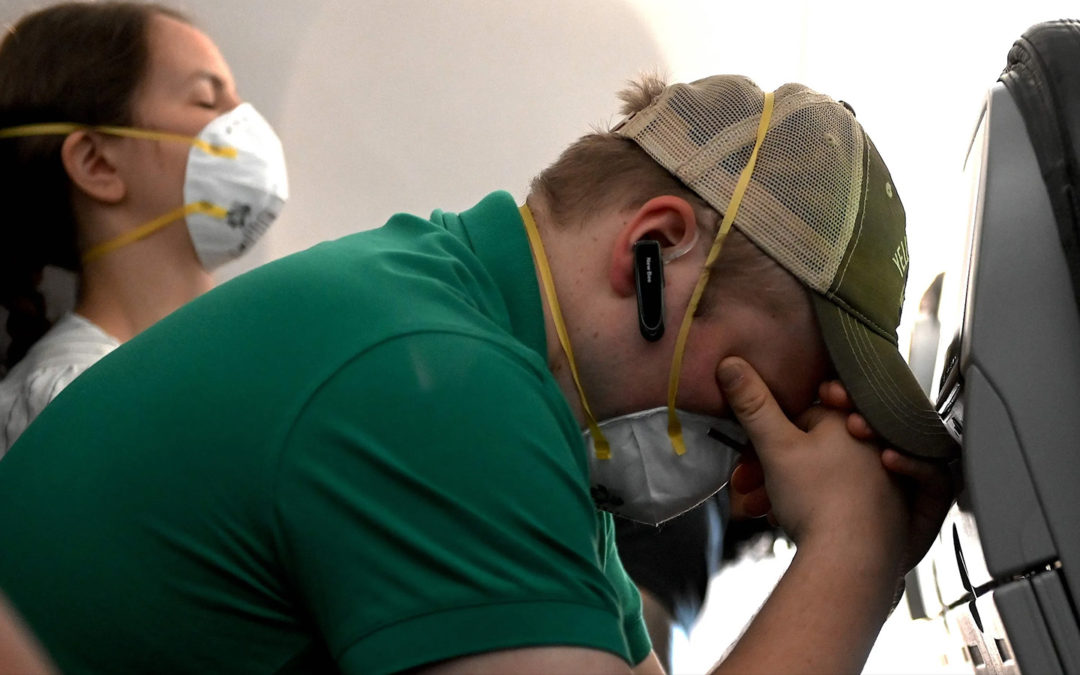
by Eric Price | Jun 5, 2023 | COVID, Front Page, MNPL, Other News, Row 2, Safety
Corporate Judge Blocks Paid Sick Leave Law IAM141.org June 5, 2023 Federal Judge Strikes Down Massachusetts’ Paid Sick Leave Law for Airline Workers, Leaving Thousands of Workers Without a Vital Benefit A federal judge has ruled in favor of a group of major airlines,...
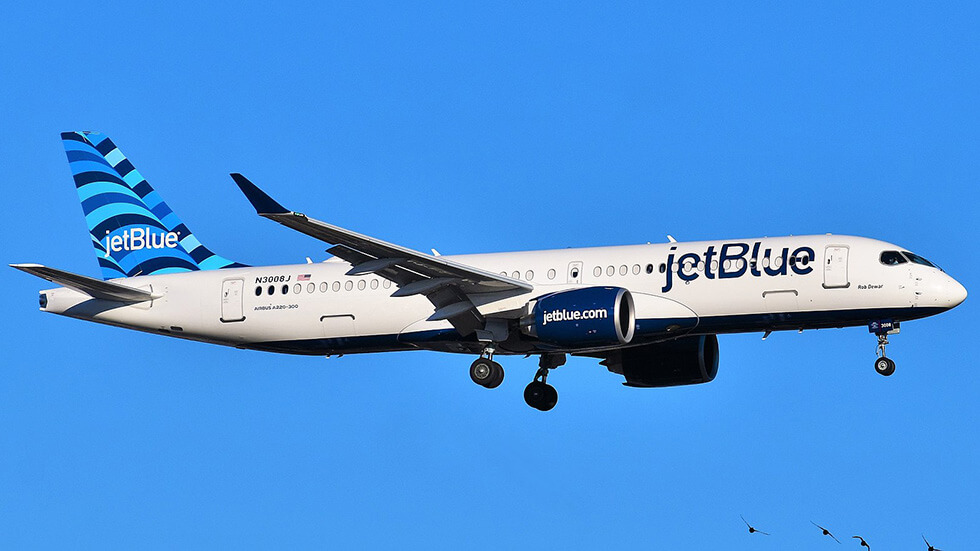
by Eric Price | Aug 23, 2022 | COVID, Front Page, JetBlue, Organizing, Page Four, Page Three, Page Two, Perusals, Row 2, Transportation Territory
FOR IMMEDIATE RELEASE: Contact: James Carlson (202) 500-3916 jcarlson@iamaw.org Machinists Union Air Transport Chief Demands JetBlue Restore Workers’ Hours and Pay WASHINGTON D.C., August 22, 2022—International Association of Machinists and Aerospace Workers...
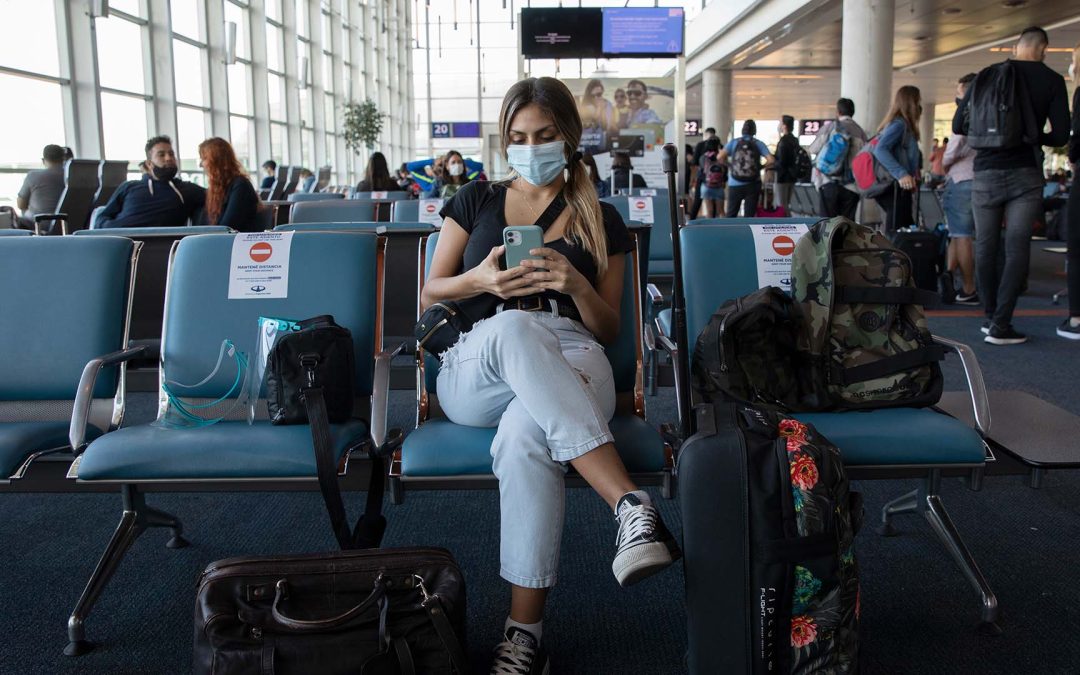
by Eric Price | Apr 19, 2022 | COVID, Front Page, Page Four, Page Three, Page Two, Perusals, Row 2, Uncategorized
The End of Airline Mask Mandates COVID-1919 April 2022 Mask mandates have been an inescapable part of air travel for more than two years. A recent study of Machinist Union members in commercial aviation suggests that most airline workers are ready for them to end. A...
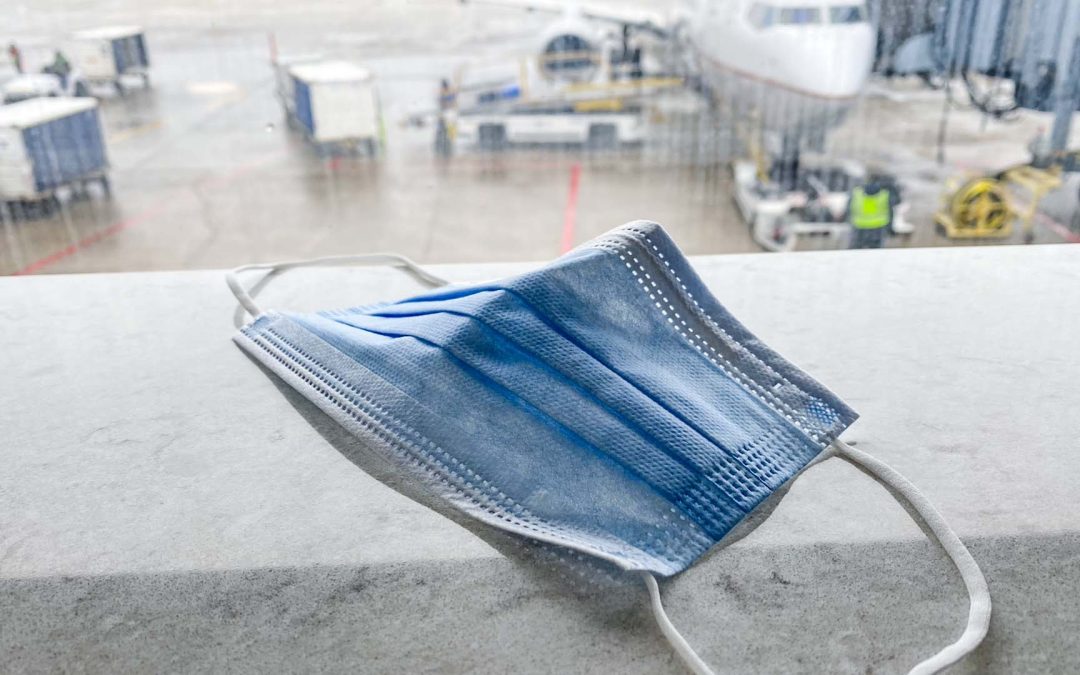
by Eric Price | Mar 24, 2022 | COVID, Front Page, MNPL, Page Five, Page Three, Page Two
Airlines Call For End to Mask Mandates Legislation24 March 2022 Ten airlines and air cargo carriers are asking President Joe Biden to lift Federal mask mandates for travelers. They are also calling for an end to testing requirements for international travel. In a...
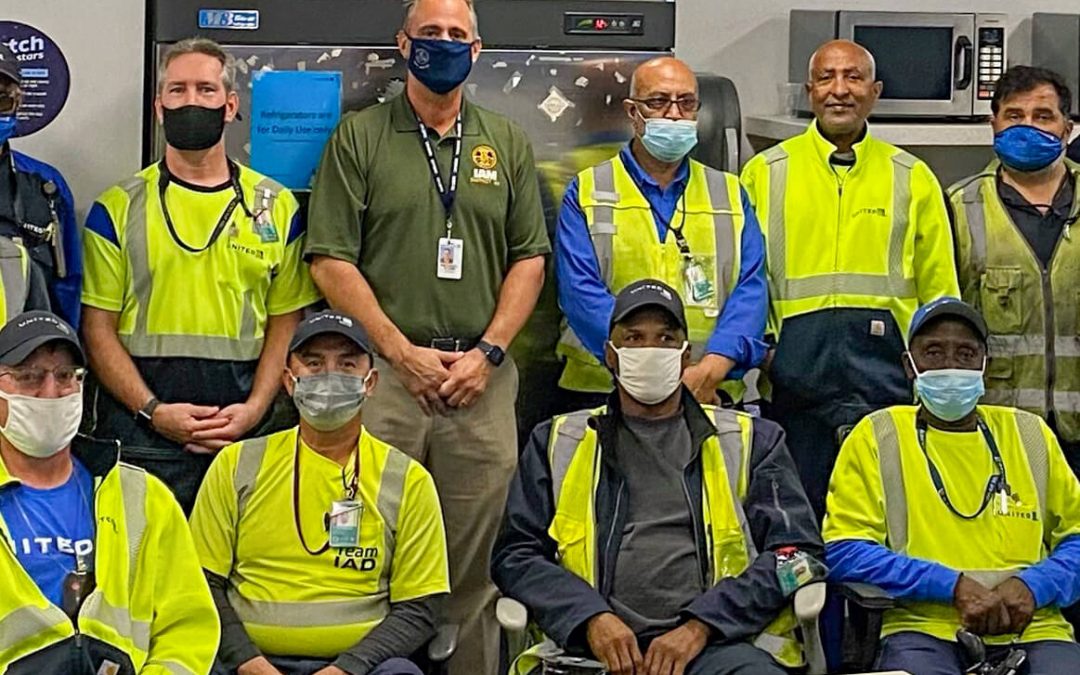
by Eric Price | Oct 8, 2021 | American, Community Service, Community Service Page, COVID, Front Page, Page Five, Page Four, Perusals, Row 2, Spirit, United, Video
Our 141 report this week takes us to IAM local lodge 1759 in Herndon, Virginia, as the membership conducted the annual Paws for Pascarella Guide Dogs of America charity event. 141 Report: Paws for Pascarella Our 141 report this week takes us to IAM local lodge...
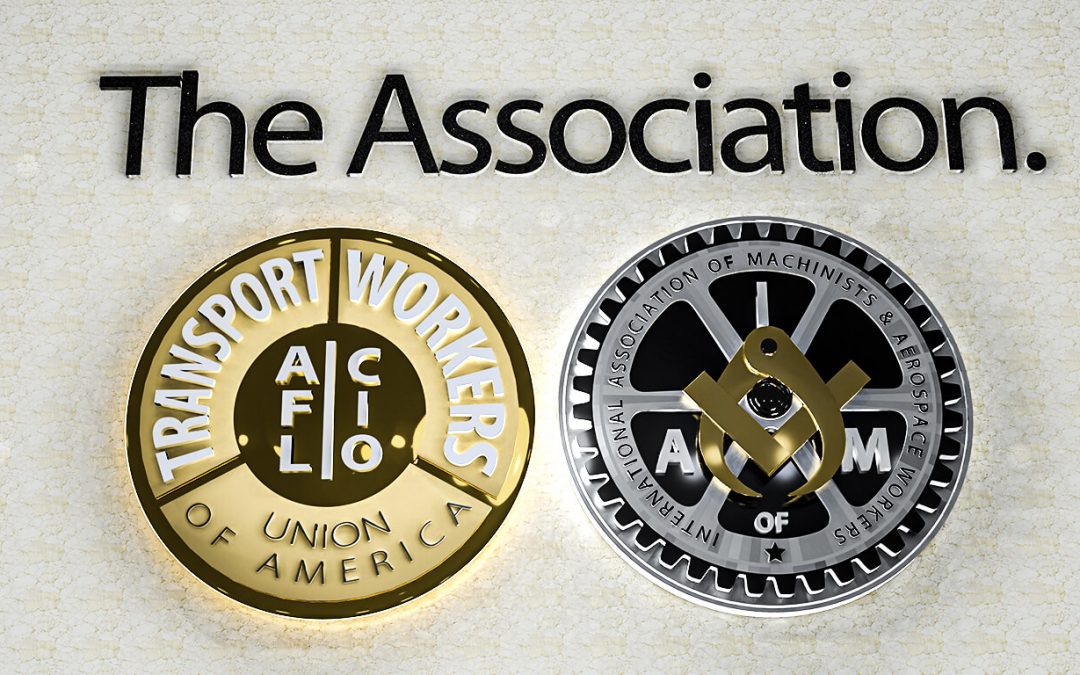
by Eric Price | Oct 5, 2021 | American, COVID, Front Page, Page Five, Page Two, Perusals, Row 2, The Association
Get Printable...







